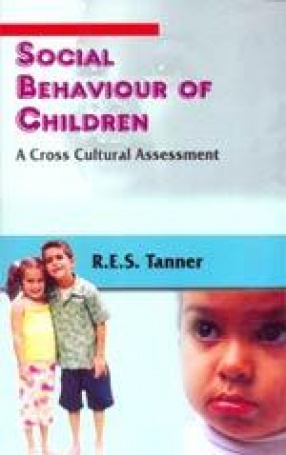The behaviour of children within ages defined in most countries without regard to biological maturity of social usefulness is often concentrated on their failure and the failure of their failure and the failure of their carers to conform to what their societies expect of them. This study attempts to show that children and their carers are genetically and ethologically channeled into behaviour to support the small groups in which they live. For most of our known global history children have been seen as economic, social and status assets to these small groups and their value assessed in proportion to their eventual contribution as adults. They are not taught to behave in contributory ways but are absorbed into their need to be useful in terms of all those with whom they associate. Cross-culturally the growth of individualism and the decline of usefulness of children for their parents have led to pro-social behaviour being much reduced to immediate benefits to children and for the small group in which they spend less and less time. Teaching children to be useful to an impersonal society in which they have little interest is an industry in modern states. Perhaps our conclusion must be that children will only behave in ways that their society deems correct when they sense on their own that it is profitable to do so. The ethical values which have historically maintained the necessary unity of the small group have faded with the growth of survival through secondary employment an d state welfare provisions.
Social Behaviour of Children: A Cross Cultural Assessment
In stock
Free & Quick Delivery Worldwide
reviews
Bibliographic information
Title
Social Behaviour of Children: A Cross Cultural Assessment
Author
Edition
1st ed.
Publisher
ISBN
8180693848
Length
xii+296p., Bibliography; Index; 23cm.
Subjects





There are no reviews yet.